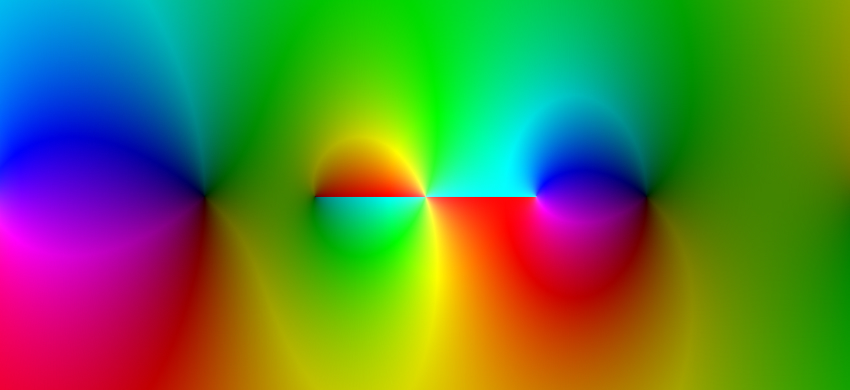Mathematics and computation have occupied a central place in the liberal arts curriculum from its earliest history. In recent centuries, the mathematical sciences have been viewed as fundamental in describing the laws of nature – the “unreasonable effectiveness” of mathematics. In the twentieth century, statistics enabled the growth of social sciences. In the present day, computers are not merely aiding in the observation of societies, but reshaping them. We encourage students to participate actively in these flourishing developments. Our students have embarked on projects to design robots, launch software, analyse big data networks, develop data visualisation tools, and philosophise on randomness and chaos.
MCS at Yale-NUS
To major in Mathematical, Computational and Statistical Sciences (MCS)
at Yale-NUS, a student must complete a pathway that includes nine courses beyond the Common Curriculum and a year-long capstone project. We offer courses on a variety of topics including number theory, proof, advanced calculus, geometry, programming, algorithms, computer systems, theoretical computer science, operating systems, statistical inference, analysis and visualisation of data, machine learning, and statistical computing. Many pathways are possible, and the MCS faculty will work personally with each student to design a rigorous and coherent programme of study. In addition, we aim to help our students
- become competent and knowledgeable in a broad range of MCS skills and topics;
- combine creativity and ingenuity with rigorous arguments and sophisticated reasoning;
- learn independently, confidently, and inquisitively; and
- develop into responsible global citizens who are aware of, and can effectively communicate, the impact of advances in MCS science research on society.
Our faculty have expertise in a broad range of fields ranging from theoretical disciplines, such as topology, discrete mathematics, harmonic analysis, and machine proof verification, to applied fields including computer vision, human-computer interactions, public health statistics, complex networks, and economic geography and cartography.
Yale-NUS offers excellent opportunities for undergrad research. Research develops analytical skills, and requires the student to understand how a research project is conducted and how hypotheses are formulated. Leading or being part of a research project is also valuable in terms of soft skills (project management, presentation) and also gives strong expertise on specific topics. It is also easier to enrol in graduate school with a previous research experience. Whether aiming for further study or employment, it is essential for a Computer Scientist to have a portfolio of work to show, and undergraduate research is a great way to build your portfolio.
– Robby Tan, Associate Professor of Computer Science
MSC Careers
The MCS major develops skills in analysis and problem-solving, and in the communication of complicated information as we aim for both depth and breadth. Such skills are highly sought –after in the workforce. The annual Careercast U.S. compilation of the top ten occupations features six career opportunities for MCS graduates: Actuary, Mathematician, Statistician, Data Scientist, Software Engineer, and Computer Systems Analyst. Here are some organisations that Yale-NUS graduates in MCS have gone on to work for:
- SAP
- Ubisoft
- Amazon
- Carousell
- Shopee
- Grab
- Visa
- Goldman Sachs
- Credit Suisse
- TD Securities
- Jardine Matheson
- Oliver Wyman
- Temasek
- Singapore Ministry of Foreign Affairs




